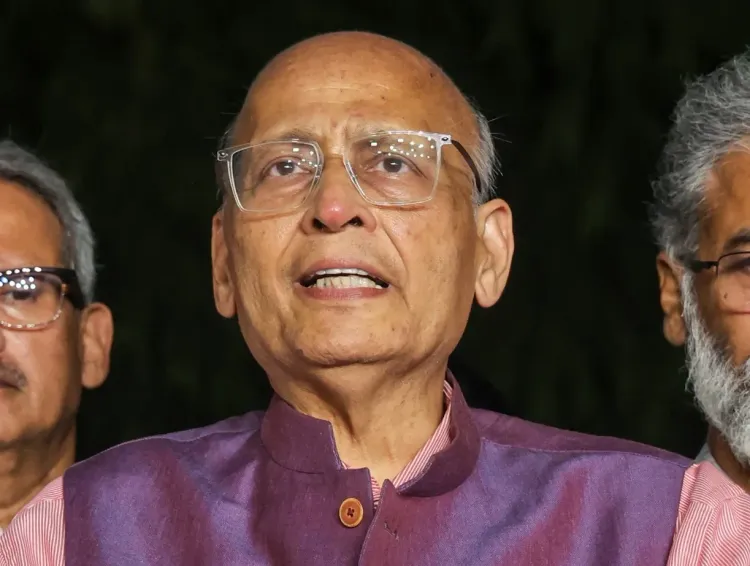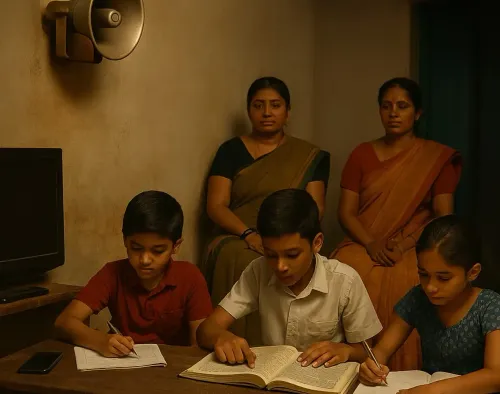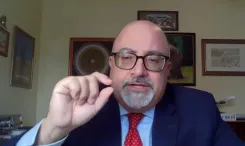What are Congress's Five Major Objections to the Special Intensive Revision in Bihar?

Synopsis
Key Takeaways
- Five major objections raised by Congress regarding the SIR.
- Concerns over citizenship proof for voters.
- Questionable authority of the Election Commission.
- Potential disenfranchisement of millions of voters.
- Legal and constitutional implications of the SIR.
New Delhi, July 12 (NationPress) Senior Congress leader Abhishek Manu Singhvi articulated five significant objections raised by the Congress concerning the Special Intensive Revision (SIR) of the electoral rolls currently taking place in Bihar.
During a presentation on behalf of the INDIA alliance in the Supreme Court, Singhvi criticized the actions of the Election Commission (EC), deeming them legally and constitutionally dubious.
Singhvi mentioned in a press briefing that the EC has declared it will not modify the names of individuals who were registered on the electoral rolls before 2003. However, those who have been added after 2003 will fall under the category of 'suspect voters'.
“Individuals will be required to prove their citizenship; if they fail to do so, their names will be removed, even if they have been on the voter list for many years,” Singhvi emphasized, marking this as his first major concern.
“The responsibility of proving citizenship rests with the individuals, not the Election Commission,” he continued.
Singhvi’s second concern highlighted the classification of voters added post-2003 into three distinct categories, each requiring different documentation. Firstly, individuals must provide their own birth certificates. Secondly, they need to present either their own or a parent’s birth certificate. Lastly, they must submit both their own and their parents’ birth certificates.
“Failure to meet these requirements will result in removal from the rolls,” he stated.
On the third point, Singhvi maintained that this entire procedure is being executed through an administrative directive without any legal modifications.
“The Election Commission is assessing citizenship—an authority it does not have under the law,” he commented.
The fourth objection stemmed from a previous Supreme Court ruling that differentiates between two groups of voters—those seeking new inclusion and those who have been on the rolls for an extended period.
“The Court had determined that names already on the list cannot be eliminated without proper judicial procedure. Yet, in Bihar, the EC is circumventing this safeguard through an administrative order—doing so hastily,” Singhvi asserted.
Finally, Singhvi expressed concern about the vast number of voters impacted.
“Approximately 5 crore voters have been classified as ‘suspect’. If even 2 crore of them are excluded from voting, out of Bihar’s 8 crore electorate, how can we ensure a free and fair election?”
He cautioned that such a process jeopardizes the fundamental principles of democracy.
“An equitable playing field is crucial for free elections. This initiative is not only perilous but also peculiar. It threatens the foundational framework of our Constitution,” Singhvi concluded.










